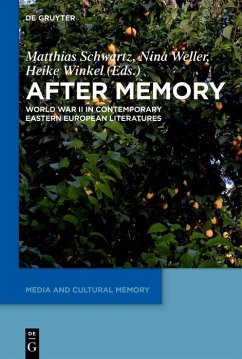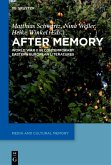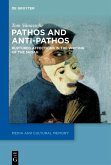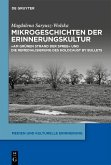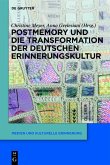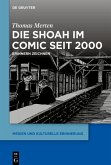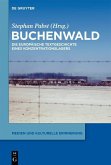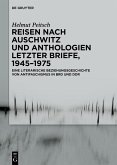Even seventy-five years after the end of World War II, the commemorative cultures surrounding the War and the Holocaust in Central, Eastern and South Eastern Europe are anything but fixed. The fierce debates on how to deal with the past among the newly constituted nation states in these regions have already received much attention by scholars in cultural and memory studies. The present volume posits that literature as a medium can help us understand the shifting attitudes towards World War II and the Holocaust in post-Communist Europe in recent years. These shifts point to new commemorative cultures shaping up 'after memory'. Contemporary literary representations of World War II and the Holocaust in Eastern Europe do not merely extend or replace older practices of remembrance and testimony, but reflect on these now defunct or superseded narratives. New narratives of remembrance are conditioned by a fundamentally new social and political context, one that emerged from the devaluation of socialist commemorative rituals and as a response to the loss of private and family memory narratives. The volume offers insights into the diverse literatures of Eastern Europe and their ways of depicting the area's contested heritage.
Matthias Schwartz, Leibniz-Zentrum für Literatur- und Kulturforschung, Berlin; Nina Weller, Europa-Universität Viadrina, Frankfurt (Oder); Heike Winkel, Berlin.?
Dieser Download kann aus rechtlichen Gründen nur mit Rechnungsadresse in A, B, BG, CY, CZ, D, DK, EW, E, FIN, F, GR, HR, H, IRL, I, LT, L, LR, M, NL, PL, P, R, S, SLO, SK ausgeliefert werden.

